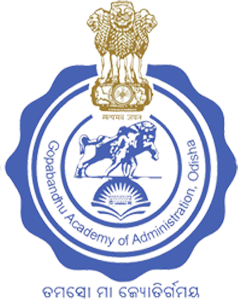

This module offers an overview of India, its social and economic history, freedom movements. Probationers will get to know about Odisha’s ancient history, its contribution to India’s independence, its linguistic movement and creation as a separate state in 1936, its demography, geography, flora and fauna, Odisha’s economic growth over the years, etc. They will also get brief introduction to Shri Jagannath Culture of Odisha.
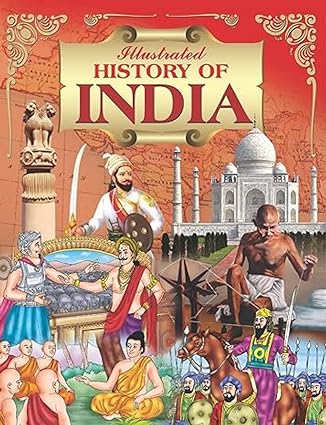
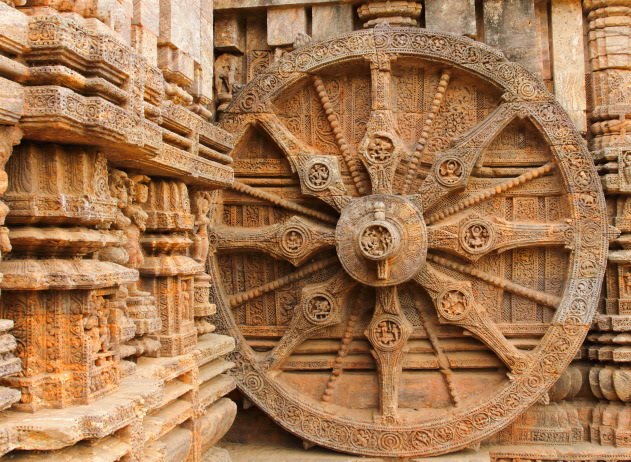
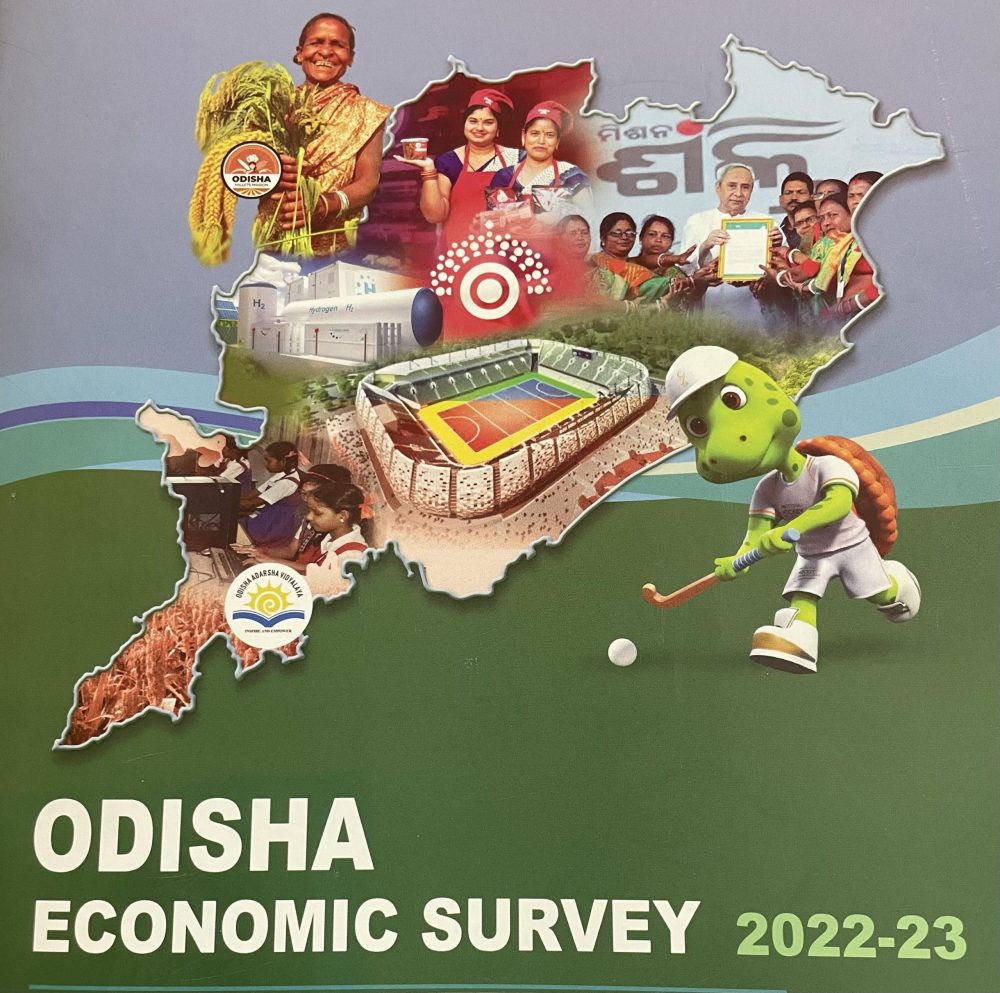
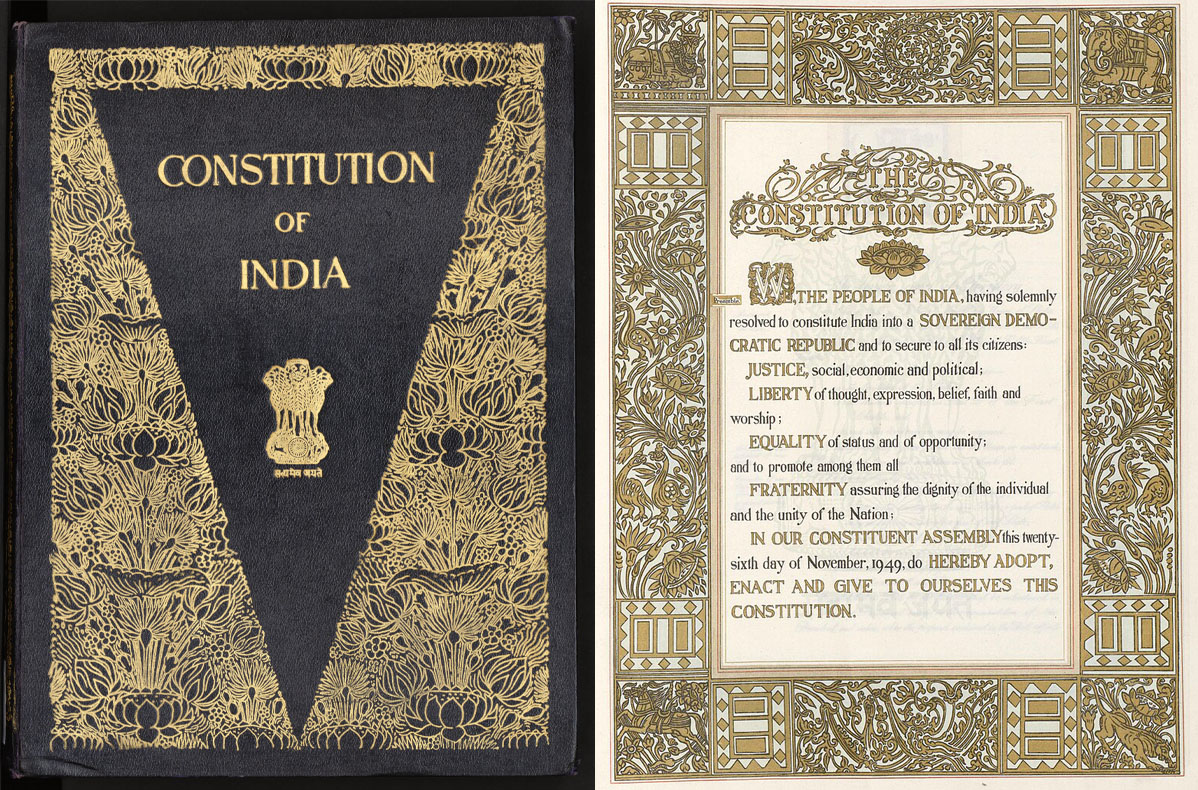
This part elaborates about the evolution of India as a country. Further, the rule of law, different organs of the Government along with their functions, principles of democracy, various rights i.e. human, constitutional, and customary, etc., and fiscal federalism will be dealt with in this part.
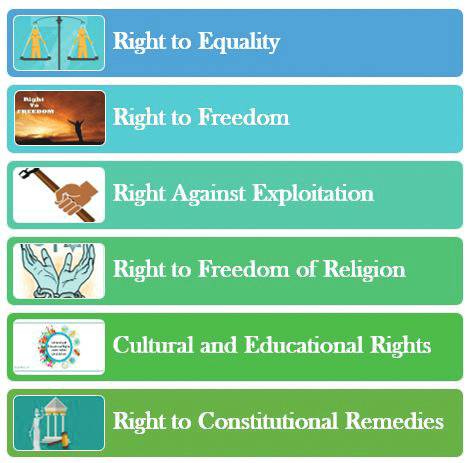
This part deals with the Constitution of India. The probationers will be explained about salient features, preamble, equality before law, positive discrimination, fundamental rights, directive principle of state policy, fundamental duties. This will enable probationers to understand the roles and responsibilities of civil service and citizens as well.

This part will cover the introduction to law, different types of law, theories of punishment, the principle of natural justice, structure and function of different levels of court and the judiciary system of India.

This part elaborates on different types of criminal law prevailing in our country. Probationers will be taught about the Indian Penal Code, the role and responsibility of Executive Magistrate in normal, critical, and extraordinary situations.
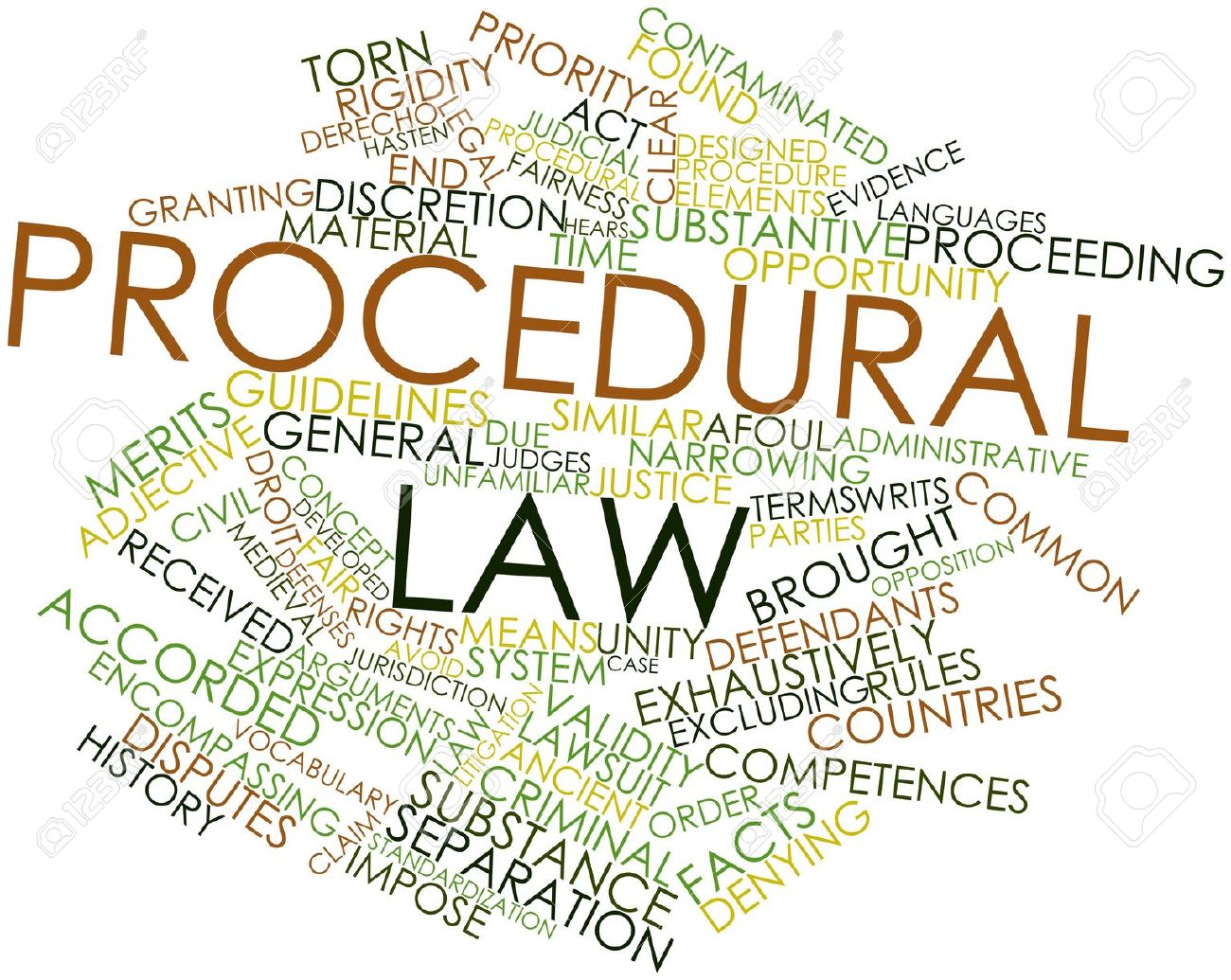
This part covers the procedural laws of our country. It deals with CPC and explains the Code of Criminal Procedure, various parts, and processes. It focuses on handling evidence of both public and private nature and informs probationers about the mode of communication and steps to be undertaken in day-to-day administration.
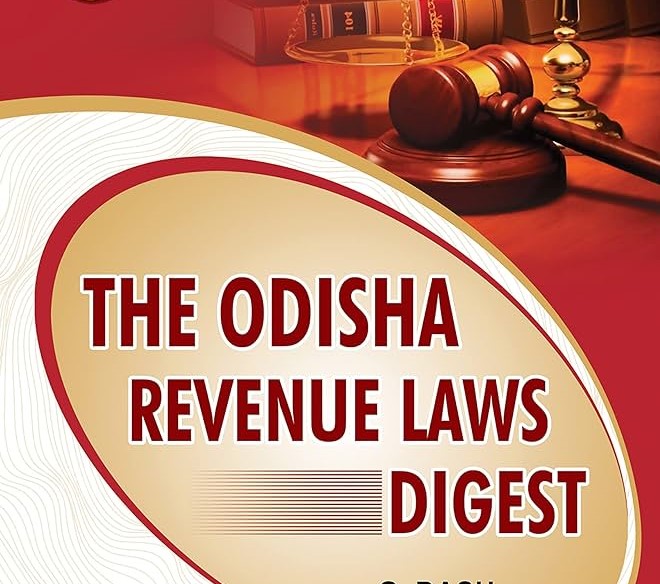
This part will deal with several revenue laws and their application. The structure of revenue administration, roles and responsibilities at different levels, acts related to land, temple, industry, irrigation, etc., will be explained in detail.
Probationers will learn about general and civil laws in this part. Laws related to child, IT, Contracts, ADR, civil matters, motor vehicles, excise, arms, explosives, essential commodities, environment, forest, mining, etc. And the implications of those laws will be elaborated here.
Management skills are an integral part of an efficient administrator. Various aspects such as nature, purpose and multidisciplinary management, division, delegation, direction, planning, organization, communication, coordination, and control will empower each probationer.
This part will explain human resource management in Government. Probationers will be exposed to human resource planning, recruitment, performance appraisal, training, capacity building, and development. This will also empower them to achieve work-life balance, organizational behavior, develop their interpersonal relationship, and manage their conflicts in a professional manner.
These two parts (3a and 3b) will elaborate on the financial management of the Government. These principles will enable the probationer to understand the financial position of any organization. Project feasibility, financial feasibility, accounting principles, reporting and audit management, balance sheet, profit and loss account, analysis of accounts, budgeting, fiscal federalism, and taxation policies will be covered in this module. The second part will also deal with topics relevant for non-financial managers.
Probationers will learn about tools and techniques of data analysis, their interpretation and visualization. They will be exposed to different tools and techniques for data analysis. This will enrich probationers with the development of statistical inference on different research issues and will help them to analyze the causes of the problem at the grassroots level.
This part will apprise probationers about the project cycle, tools and techniques of project management. This will help strengthen their management skill, communication and time management skill, problem-solving ability, and leadership skill. They will develop Report and case study writing skills too.
This part will give a micro and macro picture of the economy. Probationers will understand about national income accounting, fiscal and monetary policy, public economics, sources of revenue, and budgetary management. This will help in knowing the state of the economy and fiscal position of the government.
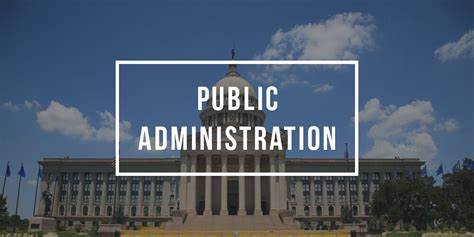
This part will introduce public administration to probationers. Theoretical constructs, evolution of discipline, bureaucracy, organization theory, basic organizational structure of government, public policy, market and government failure, accountability, anti-transparency strategies, role of media and civil society will be covered in detail.
Probationers will learn about public service delivery mechanism and governance of the state. Citizen-centric governance (Citizen Charters), right to public service delivery, e-Governance, successful administrative reform cases in government, 5-T principles of Good Governance, ‘Mo Sarkar’ Feedback mechanism, and digital transformation initiatives will be explained in this part.
This part will elaborate about Office management. General office procedure, noting and drafting, HR issues, Performance Assessment and Evaluation, Probation Rules, Conduct Rules, Discipline and Appeal Rules, TA/ DA rules, conduct of disciplinary proceedings and their implications on day to day administration will be discussed here.
Probationers will be exposed to the structure of the administrative system in Odisha. Security scenario, challenges of LWE areas, environment and climate action, forest rights, science and technology, and the use of GIS applications in governance will be explained here. This part will enhance knowledge about day-to-day administration of the Government of Odisha.
This part will focus on Panchayati Raj system and institutions in Odisha. Probationers will learn about governance in rural areas of Odisha. The three-tier PRI system, various OGP, PS and ZP acts, convergence model, livelihood security, planning, youth development, housing, women empowerment, tribal development, social security, and panchayat finance management system will be covered in this part.
Urban governance in Odisha will be elaborated in this part. Probationers will know about the structure of urban governance, urban settlements, smart city management, waste management, and urban governance schemes like Jaga mission, etc.
Odisha’s mission of ‘zero casualty; model of disaster management has gained attention from national and international arenas. This part will explain about the disaster management act, various types of disasters, different phases of emergency, institutional arrangements for disaster management, community-based disaster management, rehabilitation, and disaster risk reduction.
This part will expose probationers about different flagship programs of the Government of Odisha. Odisha has been pioneering in women empowerment, skill development, health sector reform, tribal development, water management, digital transformation, etc. This part will enhance their knowledge about day-to-day administration of different departments of the Government of Odisha.
This part will deal with the 17 Sustainable Development Goals (SDGs) to be achieved by 2030 as envisaged by 193 member states of the United Nations in 2015 (post MDG). In order to achieve these goals, actions are being taken locally at all levels as part of the Global partnership. In this part, probationers will enhance their knowledge about SDG, their evolution, dimensions and framework, core philosophy, etc. The section will apprise about progress made by Odisha and monitoring mechanism through an indicator framework and localization of SDGs at the grassroots level.
(peer-to-peer interactions, interactions with counterparts - Tehsildar, village visits - how do the grass root institutions e.g. Anganwadi centre, health units, etc. function and interventions of civil administrations - comparative analysis, etc.)
